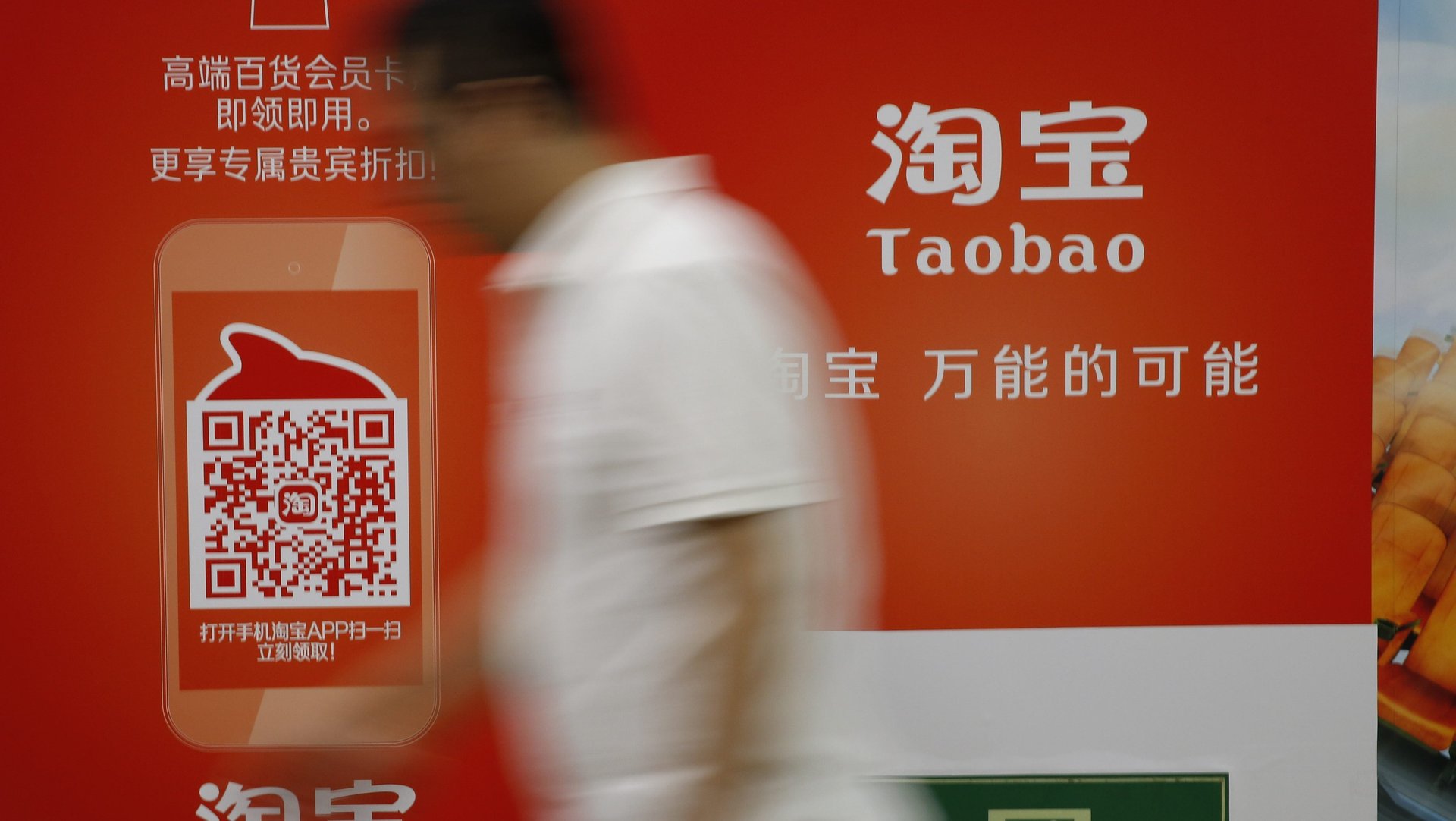Taobao is banning merchants from selling foreign media in China—even media approved by censors
It’s about to get harder to access foreign publications in mainland China.


It’s about to get harder to access foreign publications in mainland China.
Taobao has ordered all vendors to stop selling foreign media starting today—even if authorities have approved the media for circulation in China. The online shopping platform, owned by Alibaba, has been one of the few places to browse overseas publications free from censors, largely because the site’s business model allows individual vendors to do business directly with customers. It’s also helped that the daigou, or overseas agents, can evade import duties by carrying or shipping goods into China.
A March 3 company announcement said the new rule (link in Chinese) was necessary to ”manage market order” and provide a safe shopping environment. It referred to an obscure 1991 customs regulation for incoming printed material that’s carried or sent via post by individuals.
In China the main distributors of foreign media are state-owned publishers like Xinhua. The new rule will apply to them, too, said Taobao.
The company didn’t explain why the ban is suddenly coming into effect now when the regulation it cites is decades old, but one reason might be the tightly scripted two-week National People’s Congress, currently under way in Beijing. And China has been cracking down on publishers in the past few years. In late 2015, Hong Kong booksellers were reportedly taken away by mainland authorities for selling banned political books.
“I think the ban is targeted at political books,” says Sze Yanngai, the founder of Gameone, a Hong Kong-based game developer and publisher. But other kinds of books will be restricted, too, he says, noting that 10,000 comic books from Hong Kong are shipped through daigou to mainland China every month.
“If they ban it, there’s nothing we can do but close the shop,” says the owner of a Taobao bookstore called Fangzhou Culture, which has been selling religious and children’s books in original-language versions since last May.
One commenter on Weibo, a popular social network, saw the company’s announcement as a setback for personal freedom: “Are we closing our border? You might as well limit the population studying overseas and cut down on international exchanges. You will be safest by locking yourself up.”